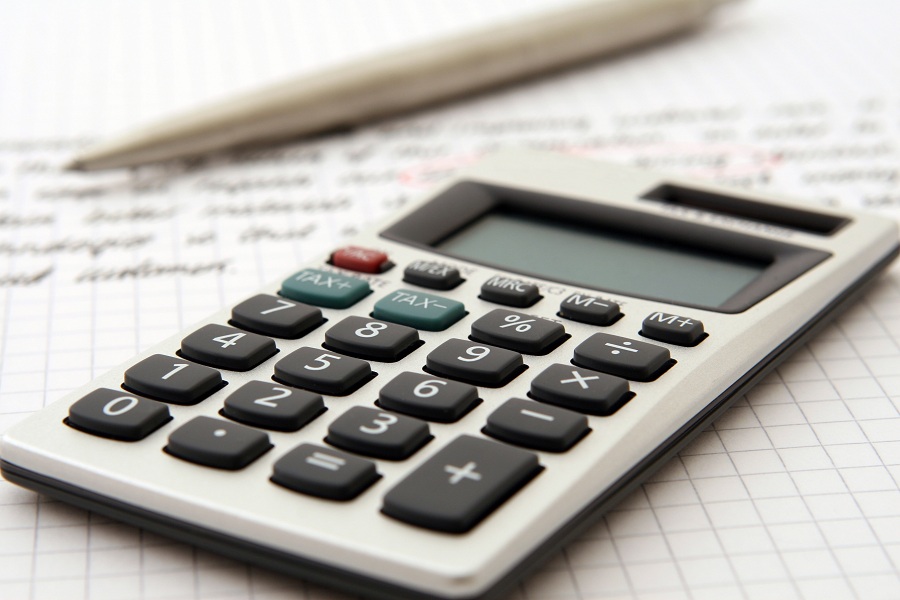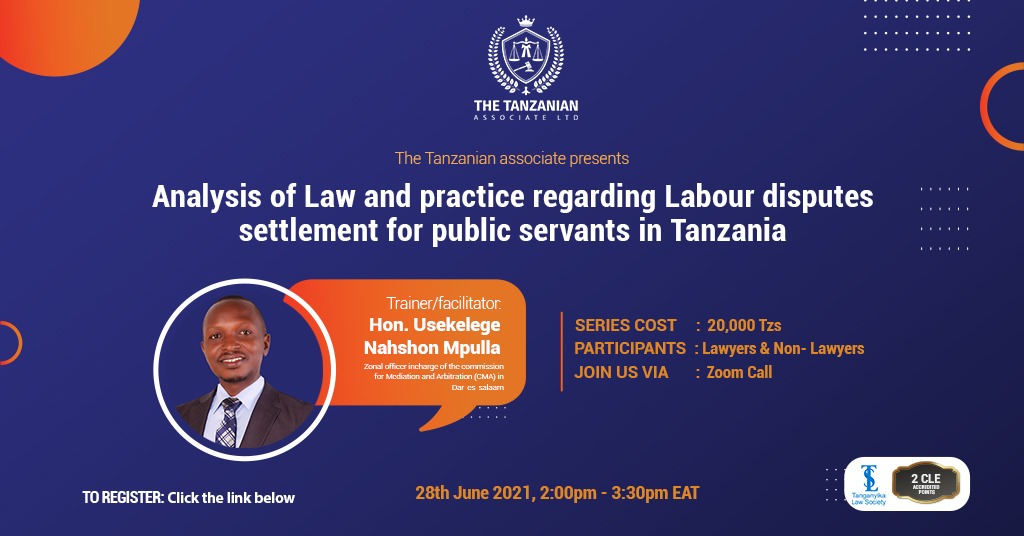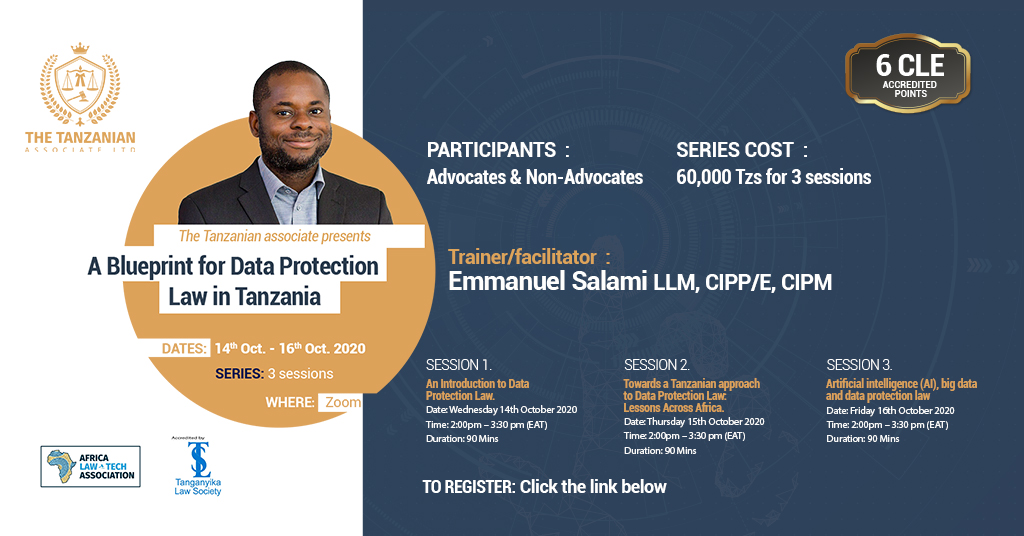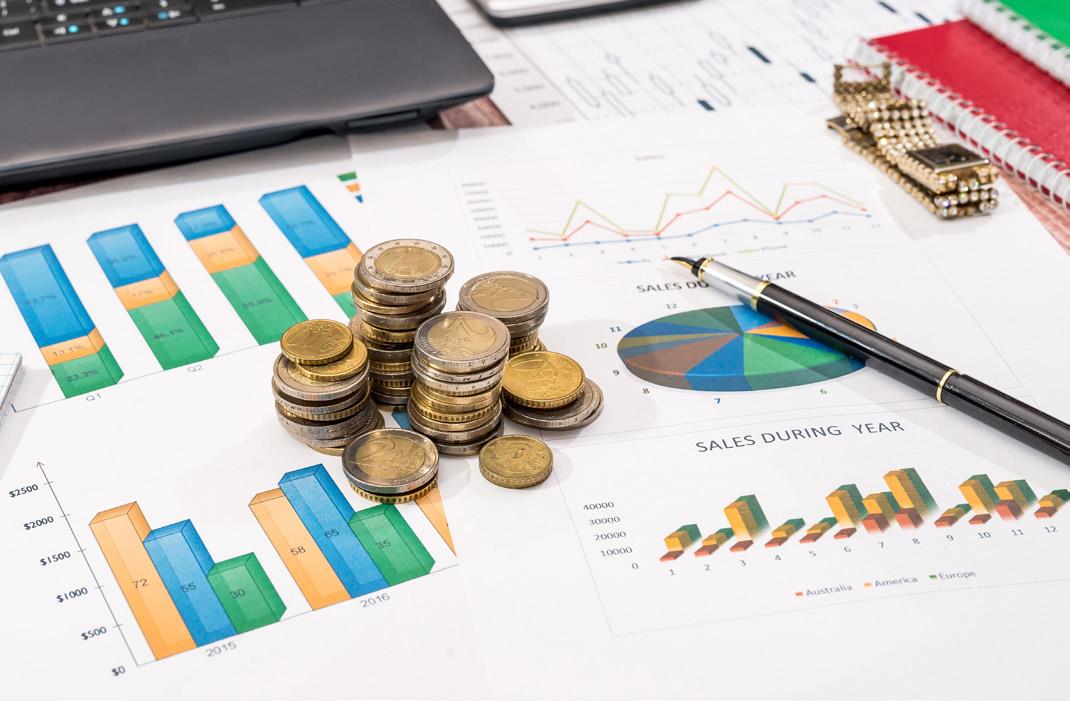
1. WHAT IS VALUE ADDED TAX (VAT)?
VAT is taxation on the value of a transaction and not on a profit resulting from them. The tax is chargeable on taxable supply of goods and services at each stage of production starting from raw materials to final product and distribution. Tax charged on sale is referred to an “output tax” while tax charged on purchase including imports is known as “input tax”.
2. IS VAT A UNION MATTER?
No. VAT is not a union matter as per the Constitution of the United Republic of Tanzania, therefore for the purpose of charging, collecting and payment of VAT Tanzania Mainland and Zanzibar are treated as two different jurisdictions with different VAT laws.
3. WHO IS RESPONSIBLE FOR VAT?
Value Added Tax is charged on persons registered for VAT only and is charged on both locally produced goods and services on imports. In case of taxable Import, the importer is the one responsible for payment of VAT whether registered or not registered for VAT. In case of taxable supply made in Mainland Tanzania, the supplier is required to pay for VAT.Further for the case of taxable supply of imported services, VAT should be paid by the purchaser.
4. CAN A NON-RESIDENT BE LIABLE FOR VAT?
Yes. A person not residing in Mainland Tanzania, who conducts business in Mainland Tanzania and has no fixed place of business, or is making taxable a supply, can be required to account for VAT.
5. HOW CAN A NON-RESIDENT PERSON PAY FOR VAT?
Where a non-resident person is liable for VAT, he/she must appoint a value added tax representative in Mainland Tanzania. The representative however must be a taxpayer with a Tax Identification Number (“TIN”), possess a statement of declaration of representative and have capacity to deal with the VAT affairs of a non-resident. The person standing as representatives can either be a company or an individual. The non-resident also may lodge a security which the Commissioner General deems right.
6. WHAT IS THE TAX RATE?
The tax base is the value added (incremental value) to goods and services. The amount of value added tax is charged at standard rate of eighteen percent 18% on value of the supply of goods or services as well as on imports. However, where the supply of goods and services is for export the rate is zero-rated 0%. The zero-rate charge extends further to exempted supply of goods and services as well as all supply consumed or enjoyed outside Mainland Tanzania.
7. ON WHAT IS VAT CHARGED?
On supply of goods and services made in Tanzania Mainland. Supply is a broader term as may include the supply of goods, services, immovable property, supply of a right, option or voucher, professional services and so forth.
On Imports VAT is charged where goods are entered for home consumption in Mainland Tanzania or in any other case where goods are imported for use in Tanzania Mainland.
8. IS VAT CHARGED ON ALL KIND OF GOODS AND SERVICES?
No. VAT is not charged on all kind of goods and services. The law provides exemption to some goods and services such as agricultural tools, horticultural or forestry machinery, dairy equipment, educational materials, medical products and health care services, and petroleum products and equipment for natural gas.
VAT exemption on imported goods is granted directly upon Customs clearance. For locally procured supplies those who qualify for the exemption are required to first pay for VAT and then claim a refund from the Tanzania Revenue Authority (“TRA”).
In the case of imported goods, import of baggage or personal effects, import of goods by religious organization for provision of health or education service, import of goods by a non-profit organization for the provision of emergency and disaster relief are examples of exempted imports.
9. WHAT IS THE TIME OF SUPPLY FOR THE PURPOSE OF VAT COLLECTION?
For the case of taxable imports, the time of supply is at the time of import. The importer is supposed to pay for VAT at the moment goods have entered Tanzania Mainland for home consumption, or for in any other case where goods have been entered for use. Value added tax also becomes payable as early as the time when the invoice is issued by the supplier or the time when the consideration for the supply is received in whole or in part.
For the case of a supply through a vending machine, meter or other automatic device not including a pay telephone that is operated by a coin, note, or token, the VAT becomes payable when the coin, note, or token is taken from the machine, meter or any other device by the supplier or by any other person on behalf of the supplier.
In addition, in relation to supply of goods, the time of supply is when the goods are delivered or made available and for the case of supply of services the time of supply is when the service is rendered, provided or performed.
This has extended further to the issue of supply of immovable property where by the time of supply is determined at the time the property is created, transferred, assigned, granted or otherwise supplied to the customer or delivered or made available to the customer.
10. HOW IS VAT APPLICABLE IN TANZANIA MAINLAND?
A taxable person is supposed to maintain records of every supply they make and account for VAT at the time of supply. The taxable person is also required to calculate the monthly VAT position by declaring the monthly output VAT from all their supplies and claim for the monthly input VAT.
11. WHAT ARE THE REQUIREMENTS FOR VAT REGISTRATION?
The law requires a person whose threshold is equal to 100 Million in the period of 12 months and above or the threshold is equal to 50 Million in the period of six months ending at the end of the previous month to be registered for VAT.
The requirement of threshold covers all type of registration with an exception for professional service providers, government entities or institutions which do carry on business and an intending trader who may wish to register upon proof of evidence of his intention commence an economic activity that includes contracts, tenders, building plans, business plans, bank financing or if a person will make taxable supplies upon being registered. For a person whose threshold meets the requirements of the law, it is compulsory to make application for registration to the Commissioner General within 30 days from the qualification date but for an intending trader may make such application at any time.
12. IS IT POSSIBLE TO REGISTER BRANCHES OR DIVISIONS?
Only a single registration can cover all economic activities undertaken by that person’s branches or divisions.
13. WHAT ARE REGISTRATION PROCEDURES?
Application for VAT registration is done by filling the application form online or manually and Tanzania Revenue Authority inspects the business site before approving any registration.
14. WHAT SHOULD BE DONE IN CASE OF CHANGES?
The law does not restrict a taxable person or trader to make changes on his personal details such as name and or address and a place or nature of business. Where there are changes, the trader is supposed to notify the Commissioner General within fourteen days from date of changes.
15. IS IT POSSIBLE FOR A TAXABLE PERSON TO DE-REGISTER?
Yes. This can occur where a registered person permanently ceases to make taxable supplies. Such person is required to apply for the cancellation of its registration within fourteen days after the date on which the person permanently ceased to make taxable supplies. De-registration also occur when a registered person fails to maintain the registration threshold.
16. WHAT IS THE EFFECT OF DE-REGISTRATION?
The moment a person ceases to be a registered person should also cease to use or issue documents such as tax invoices and adjustment notes that identify him or her as a registered person. Moreover, such person is required to surrender value added tax certificate that was issued to him or her to the Commissioner General within 30 days after the cancellation of registration, file a value added tax return and pay all taxes due.
17. WHAT ARE THE VAT PAYMENT PROCEDURES?
A taxable person is supposed to lodge a value added return on the last working day of the month after the end of the tax period to which it relates. It is different from requirement of lodging a return by a non-taxable person who can file at any time prescribed by the Commissioner General.
VAT is payable on the 20th day of the following month of the business that is a due date of submitting the return. If the filling date falls on either Saturday, Sunday or public holiday, the return shall be lodged or filled on the first working day following the Saturdays, Sundays or public holiday. VAT returns can be submitted either with payment, repayment or a nil return to the month following the month of business.
18. IS IT IMPORTANT TO KEEP RECORDS?
It is important for any taxable person to keep record of all accounts, documents, returns and other records including tax invoices and adjustments notes issued and received customs documents as to supply in relation to imports and exports of goods and services by the trader. The record to be kept should be for both taxable supplies and other supplies that are not regarded as taxable supplies.
In the VAT account the trader is required to keep all input tax credit and output tax payable. Such record is necessary to be kept and maintained for at least a duration of five years from the end of the tax period to which they relate or until a final decision is made in any audit, recovery proceedings, disputes, prosecution or any other proceedings.
19. CAN A PERSON CLAIM BACK VAT?
Yes. A taxable person will be entitled to refund of VAT where in such accounting period his tax charges are not exhausted by allowable deductions or where its returns for the prescribed accounting periods regularly results into credit.
20. IS THERE VAT RELIEF?
Yes. Some persons and institutions are relieved from the payment of VAT on supplies or on importation of taxable goods and services VAT relief on goods imported by licensed exploring and prospecting minerals, oil and gas entities and mining companies will be limited to goods that would qualify for import duty relief under the EAC Customs Management Act 2004. In addition, the VAT relief also is granted to an investor licensed under either the Export Processing Zone Act or the Special Economic Zone Act.
By: Kaungamno, S.E (Advocate) Research Officer,
Tanzania Revenue Authority Institute of Tax Administration
LL.B, PGD Taxation, LLM (Commercial and Corporate).









